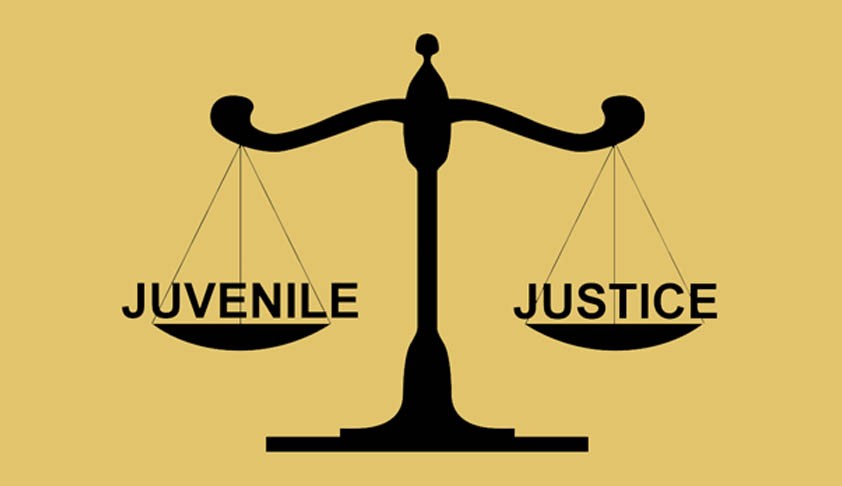Exploring Juvenile Justice Reforms in North Carolina

In recent legislative sessions, North Carolina has been at the forefront of discussions regarding juvenile justice reform. With a focus on improving outcomes for young people within the justice system, several key initiatives are being proposed to reshape how juvenile offenders are treated and rehabilitated.
One of the primary goals of these reforms is to reduce the number of juveniles who are tried as adults. Currently, North Carolina is one of several states where the age at which juveniles can be tried as adults starts as young as 16. Advocates for reform argue that treating younger offenders as adults can have detrimental effects on their future prospects and rehabilitation. Instead, the proposed changes aim to raise the age at which juveniles can be automatically charged as adults, offering them a better chance at rehabilitation and a productive future.
Another significant aspect of the proposed reforms is the emphasis on diversion programs and community-based alternatives to incarceration. These programs recognize that many juvenile offenders would benefit more from counseling, education, and community service rather than being placed in detention facilities. By diverting young people away from the traditional justice system, proponents believe that recidivism rates can be reduced, and communities can be made safer.
Furthermore, there is a push to improve conditions within juvenile detention facilities themselves. Reports of overcrowding, inadequate education, and limited mental health services have prompted calls for increased funding and oversight to ensure that these facilities provide a safe and supportive environment for young people who must be detained.
Critics of the proposed reforms argue that they may be too lenient on juvenile offenders, potentially leading to an increase in crime rates or failing to hold young people accountable for their actions. However, supporters counter that the current system often perpetuates cycles of incarceration without addressing the underlying issues that lead young people into trouble in the first place.
Before the “Raise the Age” reform, which took effect in December 2019, North Carolina was one of only two states in the United States that automatically prosecuted all 16- and 17-year-olds as adults, regardless of the offense. The “Raise the Age” reform refers to legislation that raised the age of juvenile jurisdiction for nonviolent offenses so that 16- and 17-year-olds who commit misdemeanors and certain low-level felonies are now treated as juveniles in the court. This means they are diverted away from adult criminal court and instead handled within the juvenile justice system, which is generally geared towards rehabilitation rather than punishment.
Pursuant to North Carolina House Bill 834, 16- and 17-year-olds who “allegedly committed an offense that would be a Class F or G felony if committed by an adult, the court shall transfer jurisdiction over the juvenile to the superior court for trial as in the case of adults unless the prosecutor declines to prosecute in a superior court…”
House Bill 834 comes in response to complaints by members of the criminal justice system that dangerous 16 and 17-year-old offenders are being released back onto the streets.
House Bill 834 had received bipartisan support and passed the Senate in May, and the House in June of this year. However, Governor Cooper vetoed this bill on Friday, June 14, 2024.
